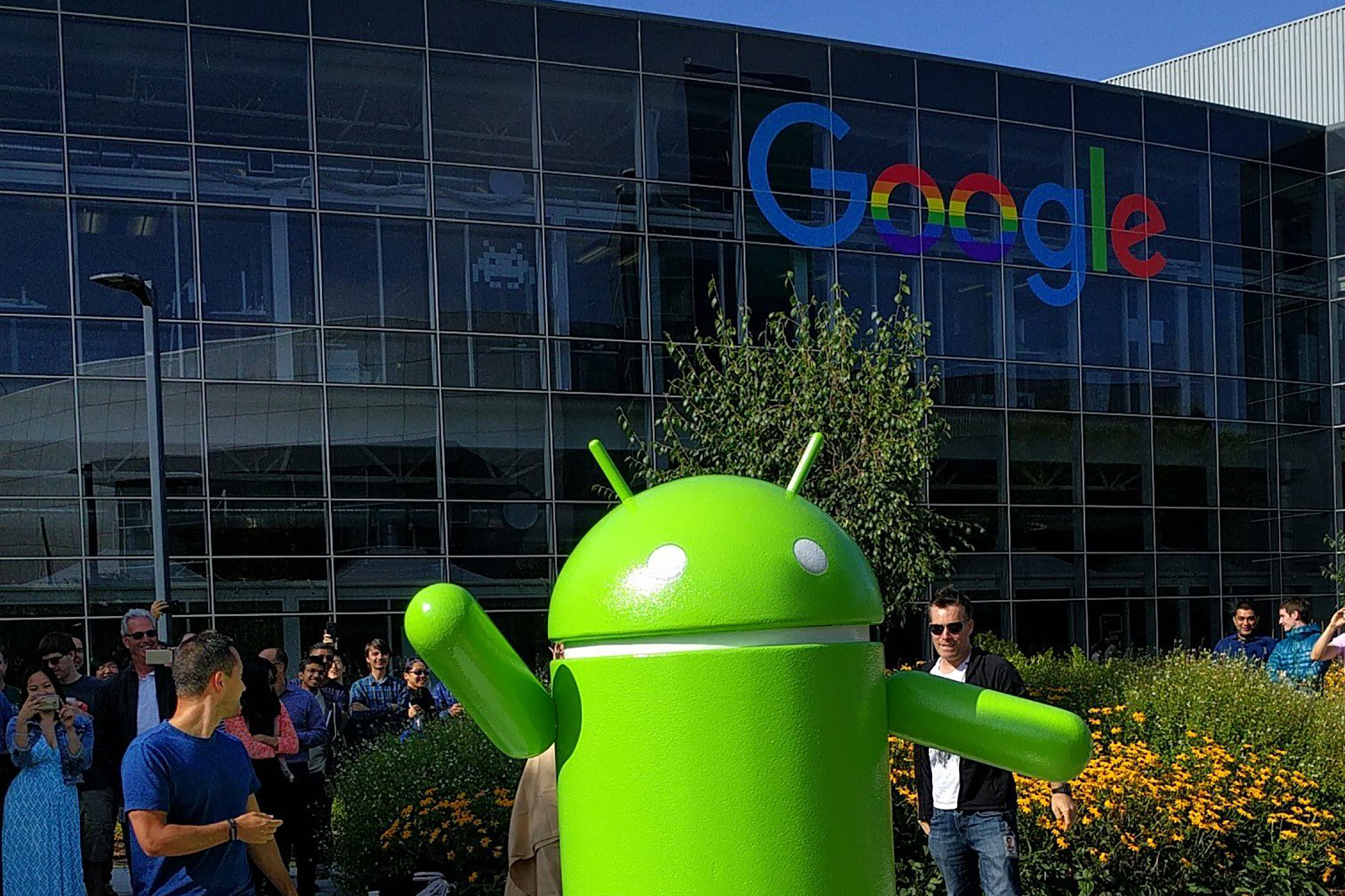
Since the release of KitKat, Android devices have always verified a device’s boot process to ensure its various rootkits, as well as unwanted malware, don’t launch undetected.
While Android has always done this verified check, it actually doesn’t do much in the way of alerting users of actual problems, at least until now. Android Nougat continues to enforce this boot check but aims to give users more than just a warning, according to a recent post by Google on its Android Developers blog.
“Android has alerted about system integrity since Marshmallow, but starting with devices first shipping with Android 7.0, we require verified boot to be strictly enforcing. This means that a device with a corrupt boot image or verified partition will not boot or will boot in a limited capacity with user consent. Such strict checking, though, means that non-malicious data corruption, which previously would be less visible, could now start affecting process functionality more,” reads the blog post.
If a portion of the phone’s data is corrupt, Android will launch in limited-use mode or it won’t boot at all. This feature will be included in all Nougat devices right out of the box.
While this prevents Android devices from becoming a haven for viruses and malware, it could also result in error-related corruption, triggering unusual behaviour in the smartphone in some cases. P
Perhaps most negatively however, this new feature makes it more difficult to install custom firmware on some Android devices, though Engadget notes that when it comes to Nexus devices, it should still be easy to unlock a phone’s bootloader.
[source]Android Developer Blog[/source][via]Engadget[/via]


